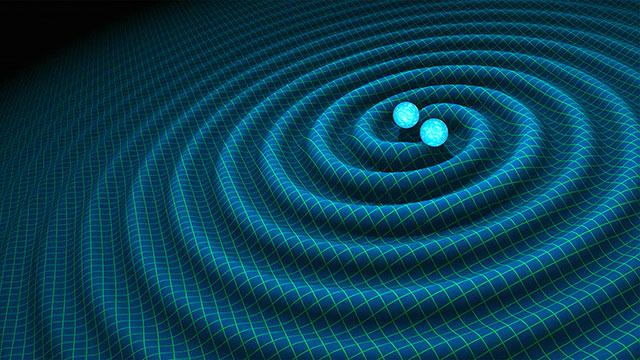
Visualization of the gravitational wave emission from a pair of orbiting compact objects. Credit: NASA
Next-generation gravitational wave detector in space will complement LIGO on Earth. The historic first detection of gravitational waves from colliding black holes far outside our galaxy opened a new window to understanding the universe. A string of detections – 4 more binary black holes and a pair of neutron stars – soon followed the Sept. 14, 2015, observation. Now, another detector is being built. LISA is expected to be in space in 2034, and it will be sensitive to gravitational waves of a lower frequency than those detected by the Earth-bound Laser Interferometer Gravitational-Wave Observatory (LIGO).
A new Northwestern University study predicts dozens of binaries (pairs of orbiting co...
Read More





Recent Comments